Don’t get me started talking about Star Trek. Classic. It’s kind of like theatre.
It’s sweet, educational. I’ve been trying to write something like that. It’s almost moralistic.
I’m so sick of dystopias. We’re living in a world of gradient, nuance, and spectrum, can’t we accept that the future could be something a little bit less than perfect, or a little bit better than terrible? Something between the poles of utopia and dystopia?
That just sounds realistic, like having a sense of history basically.
The current political condition is nightmarish, but the world has always been terrible. It feels extra terrible right now probably because of the information diet. Life can also be incredibly pleasant.
I think that’s the stress for a lot of people who would, say, be able to read a magazine like this: the discontinuity between a sense of crisis and your everyday life. I come up against the nightmare of the world when I try to use America’s health system, for instance, but I still have good water, access to resources, and am surrounded by stress.
You almost want there to be a fire in the street, so you can actually react to it. There’s this problem now with our inability to grasp what is real. I think we’ve always had that problem as a species, with the image. For every generation, the image has been given to us in a different way, and different generations have dealt with that in different ways. I’m trying to make a documentary out of the book now; I have some friends of mine who are film makers.
It would be a great documentary miniseries. TV, like Wild Wild Country; did you watch that?
I watched it. I grew up in Oregon, so that was part of it. It all happened before my time, but when I was a teenager there was a thrift store that had a giant bucket of these ‘I am not a Rajneesh’ buttons that had been mass produced.
Rajneesh’s front woman, Ma Anand Sheela, is an alpha number two.
She’s a total alpha two, yes, exactly. She’s a deputy. I love that with the deputy; it’s its own form of power, because, ultimately, she developed her own cult. People started worshiping Sheela. TV does seem like a golden ticket. If you write the pilot for a TV show and it goes on air and it then becomes successful, you get paid every single time that show airs, regardless of whether or not you write another episode in your life.
Wait, wait, wait, back up. Really?
Yes, you get a residual or something.
Whoa. So do a show! What else could you do with the material?
I don’t know. I feel like the stories, or just the larger story of it, need to be in every media, in all time. It should be in children’s books and history broadcasts. There’s been an Ada Lovelace colouring book, but there should be more.
What about a museum show? A science-history museum show.
I like that. It sounds way out of my skill set, but I like it. A podcast series would also be great.

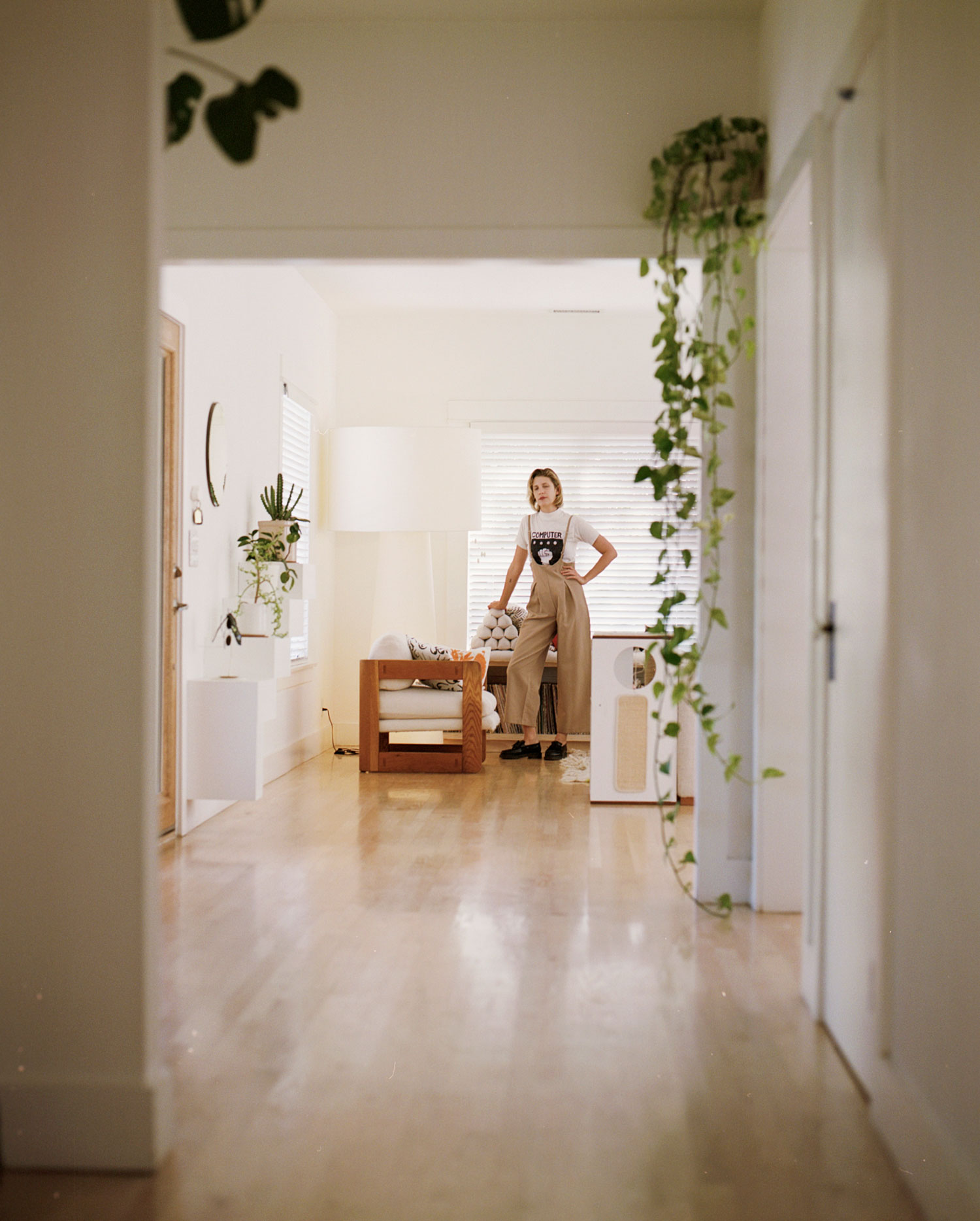

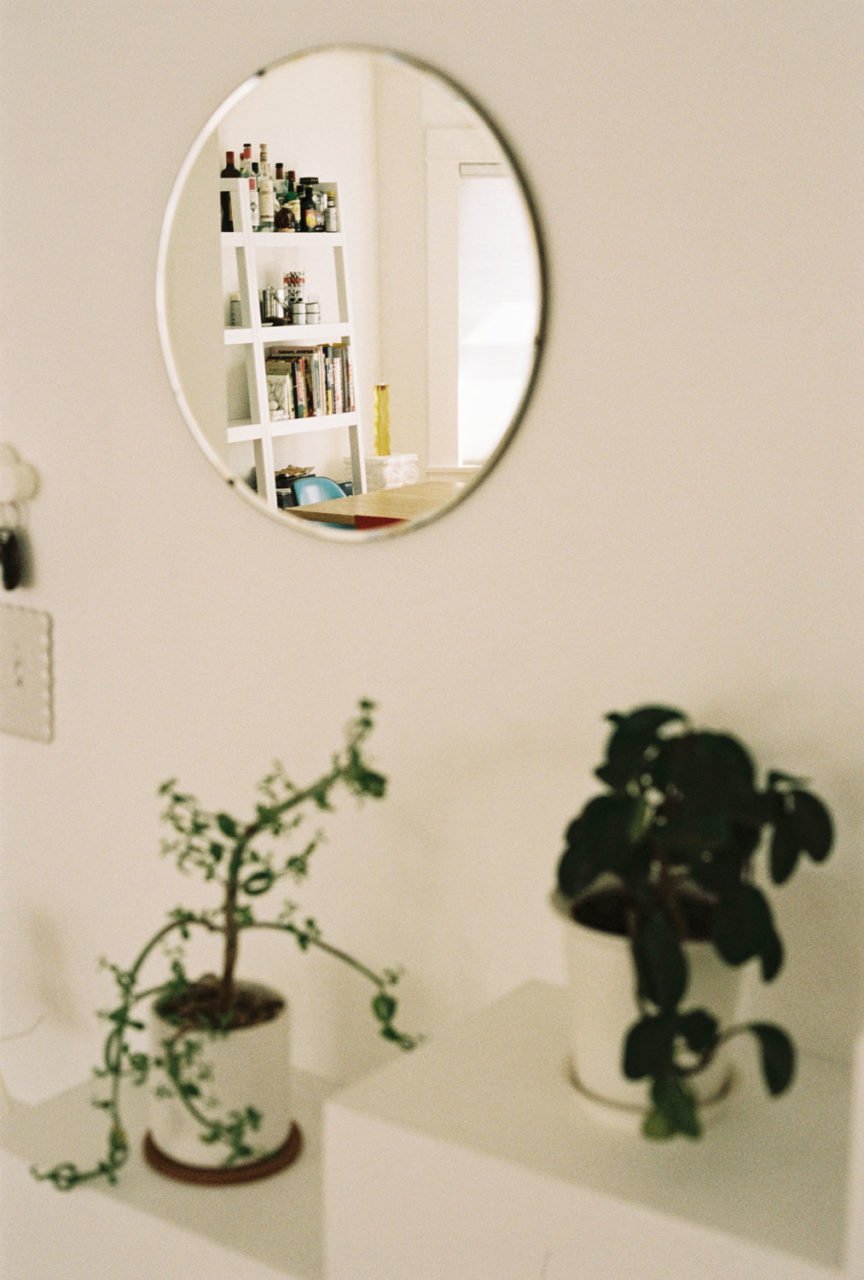
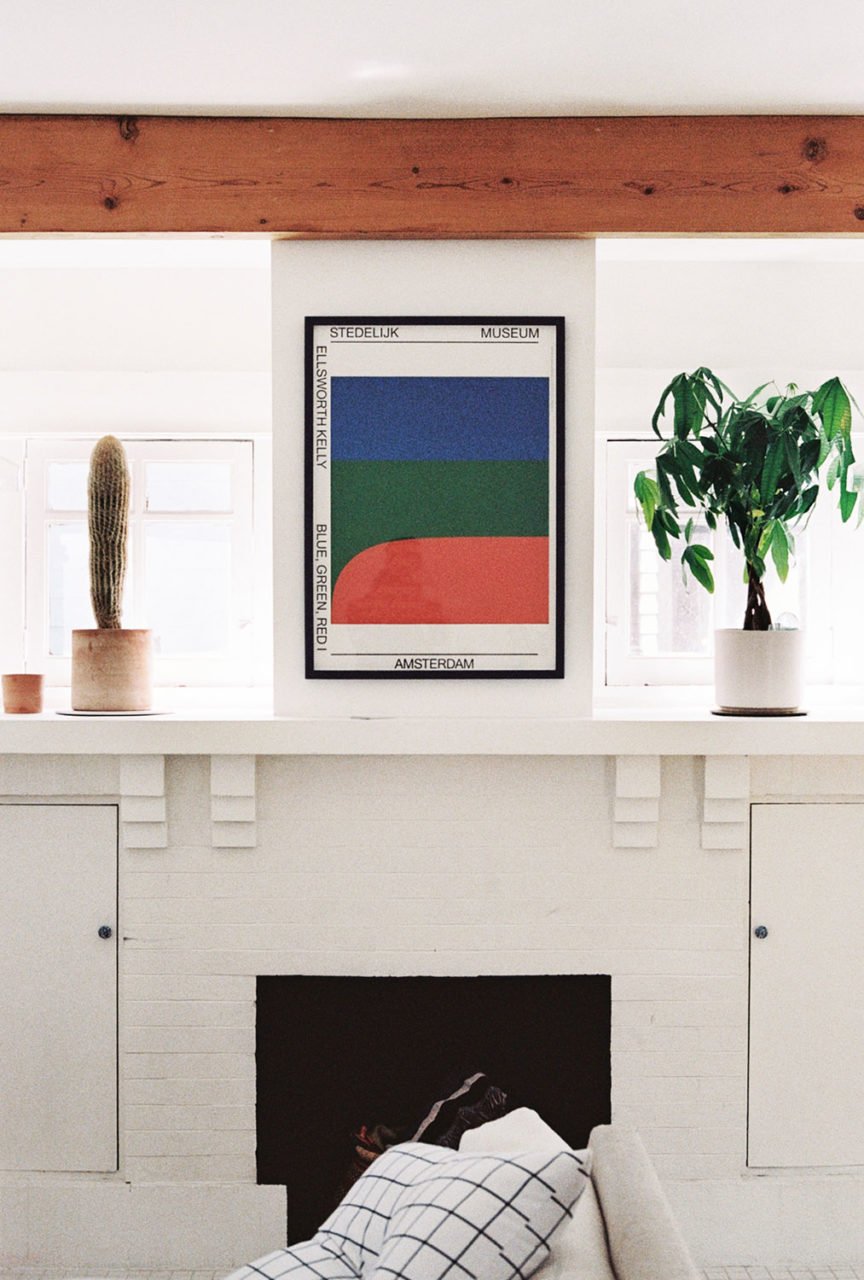
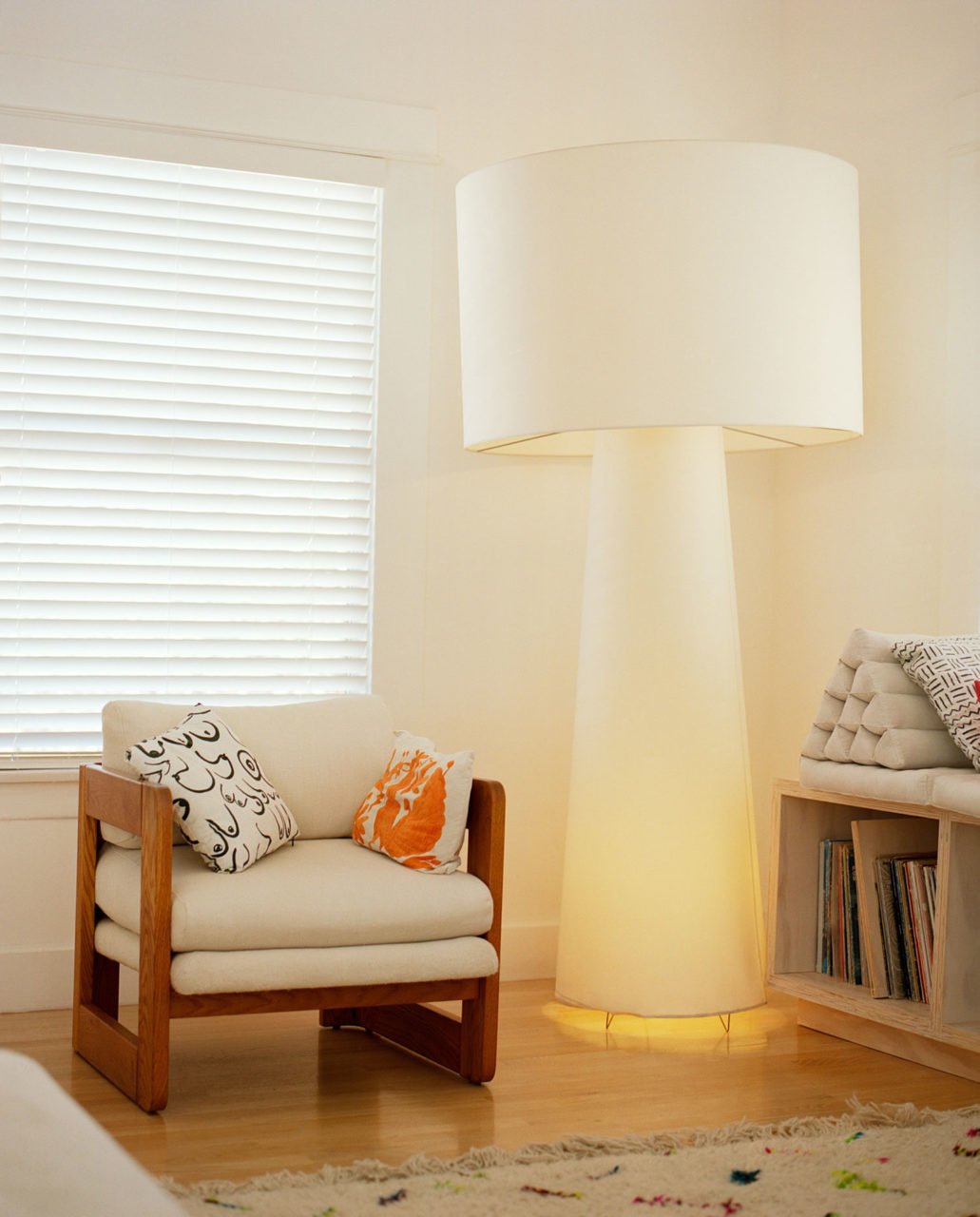

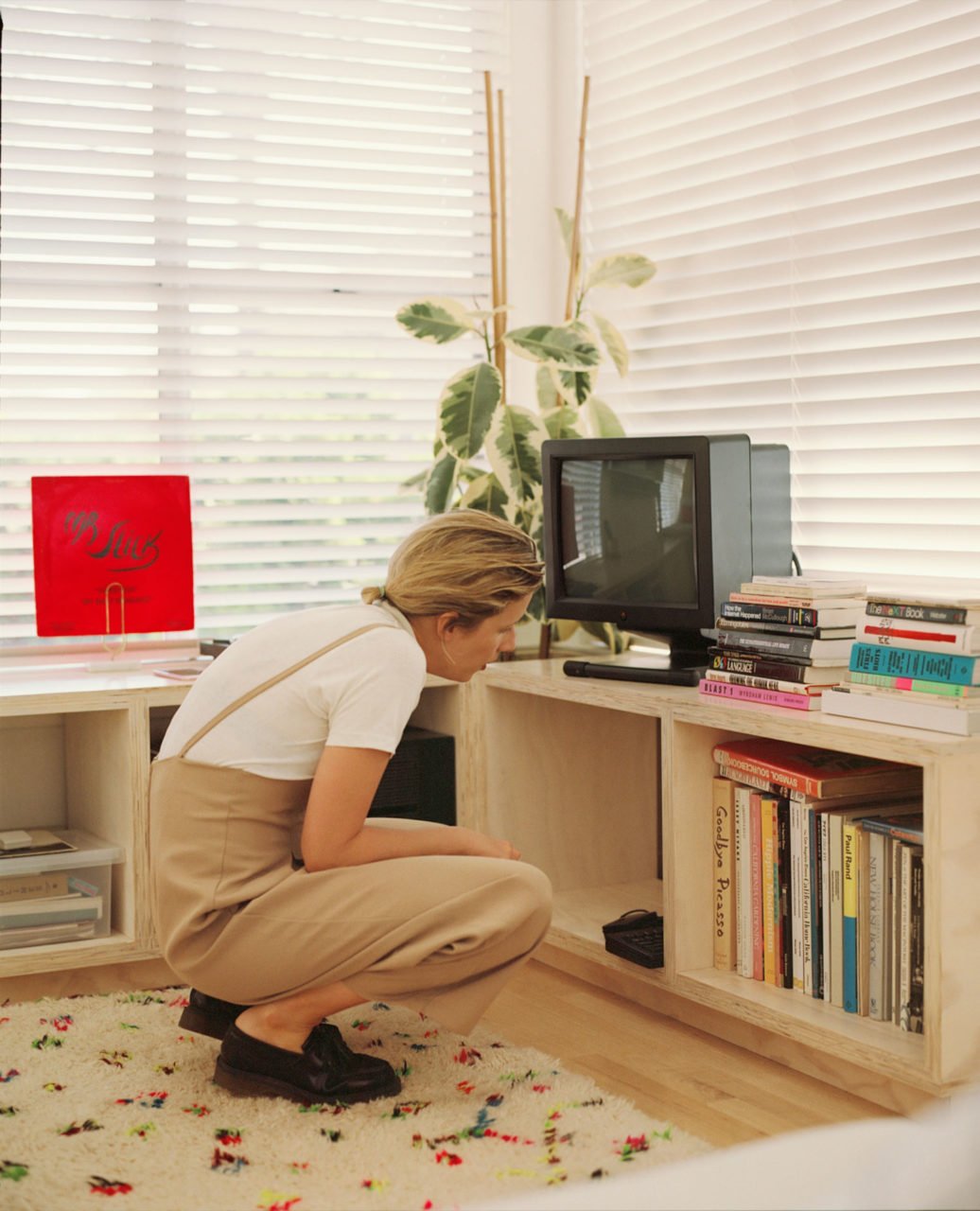

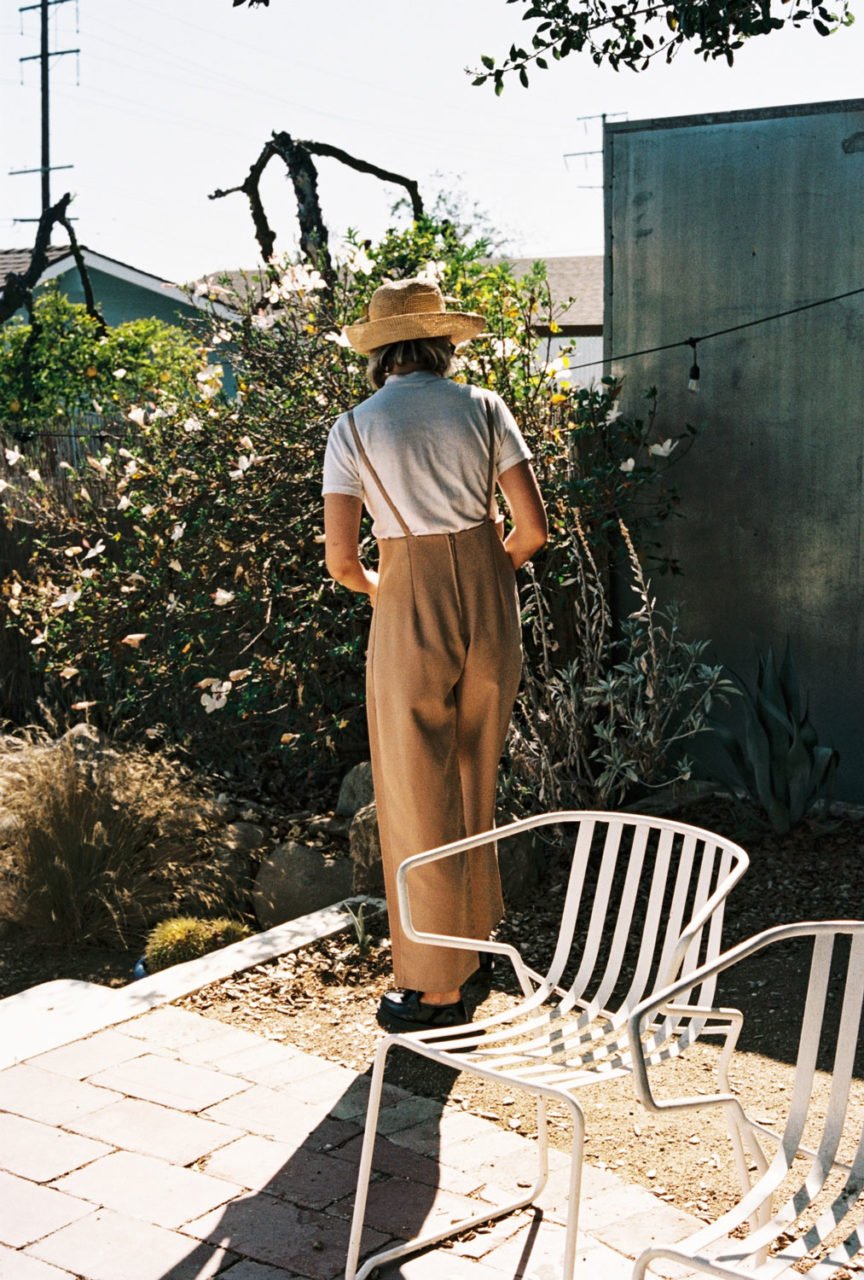
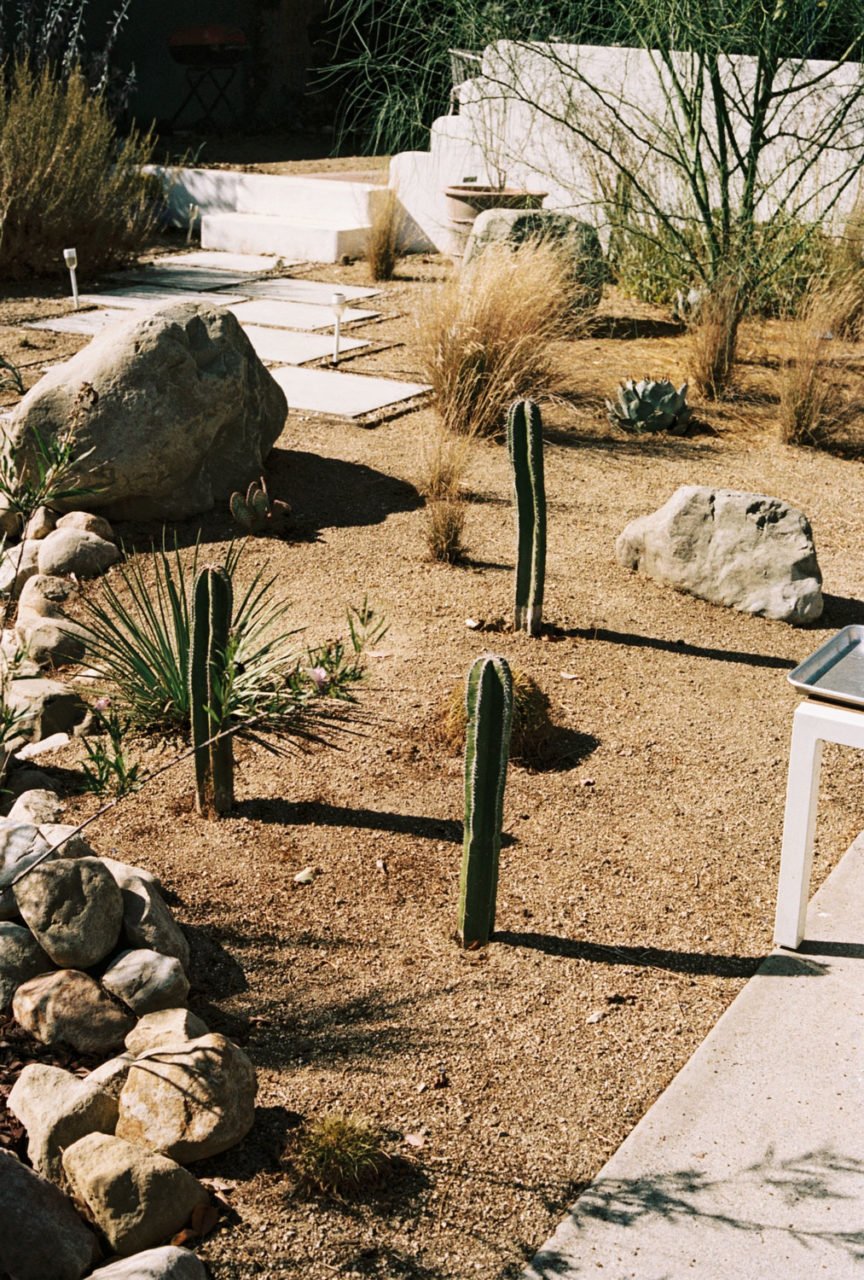


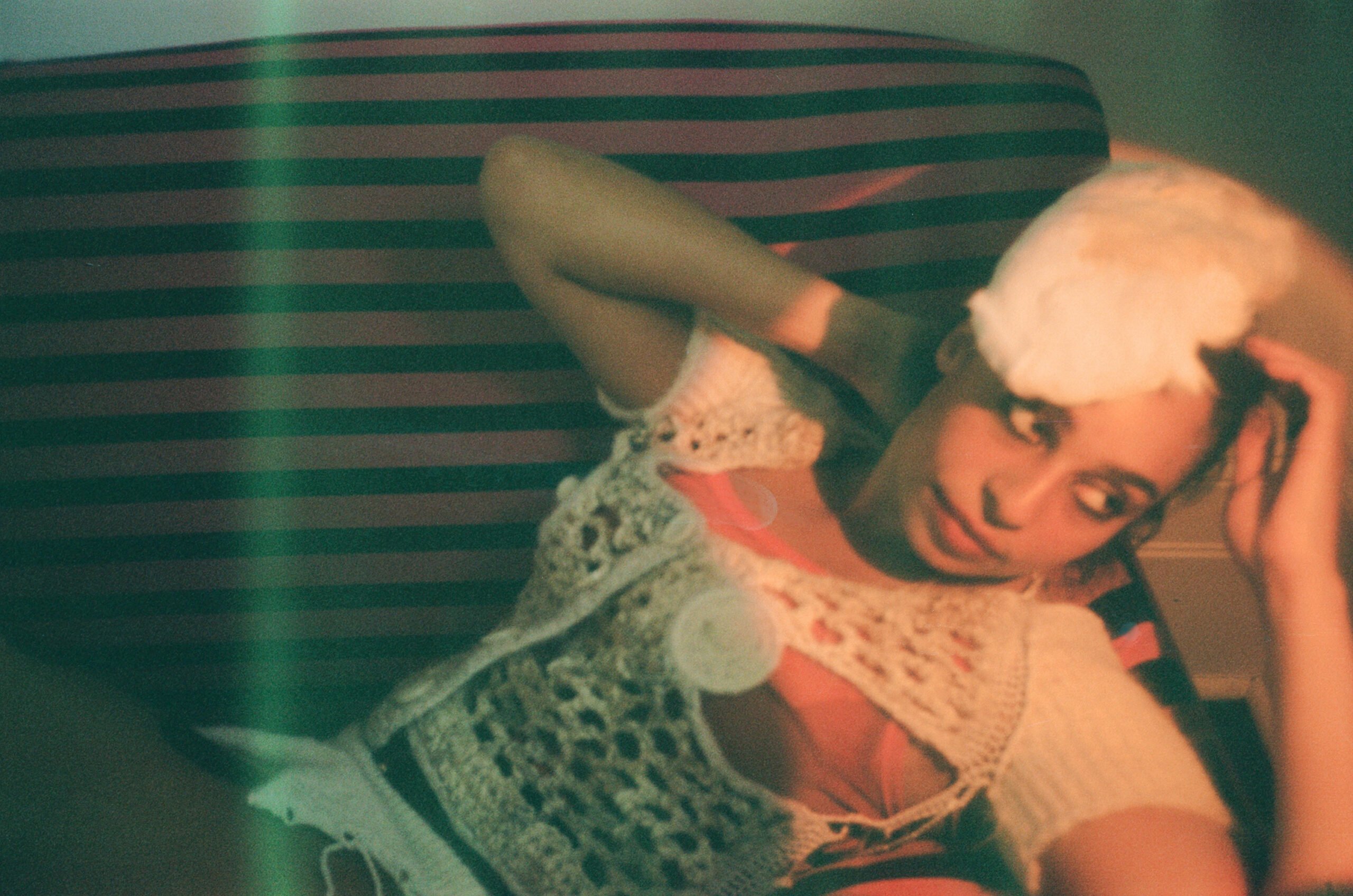
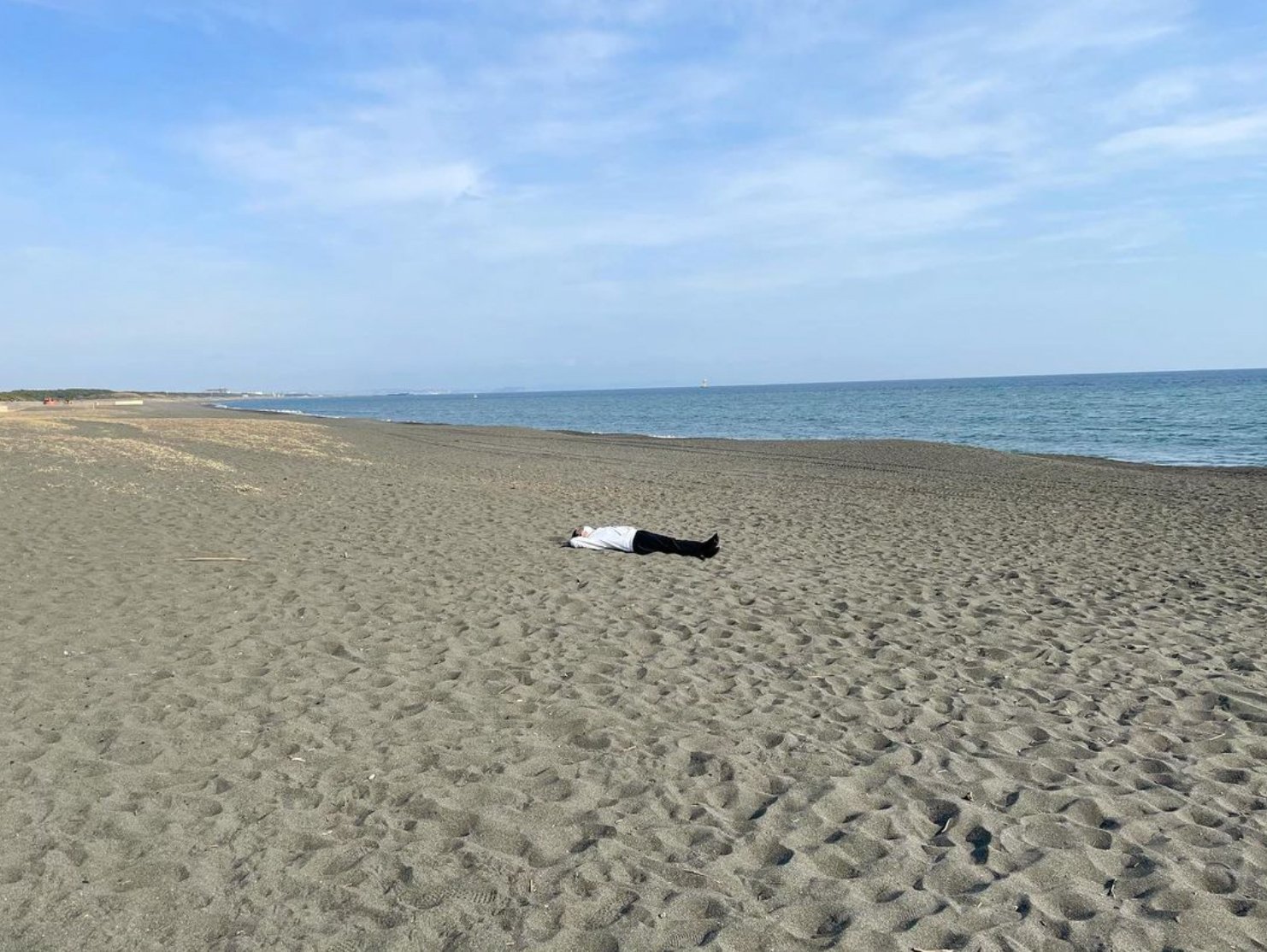
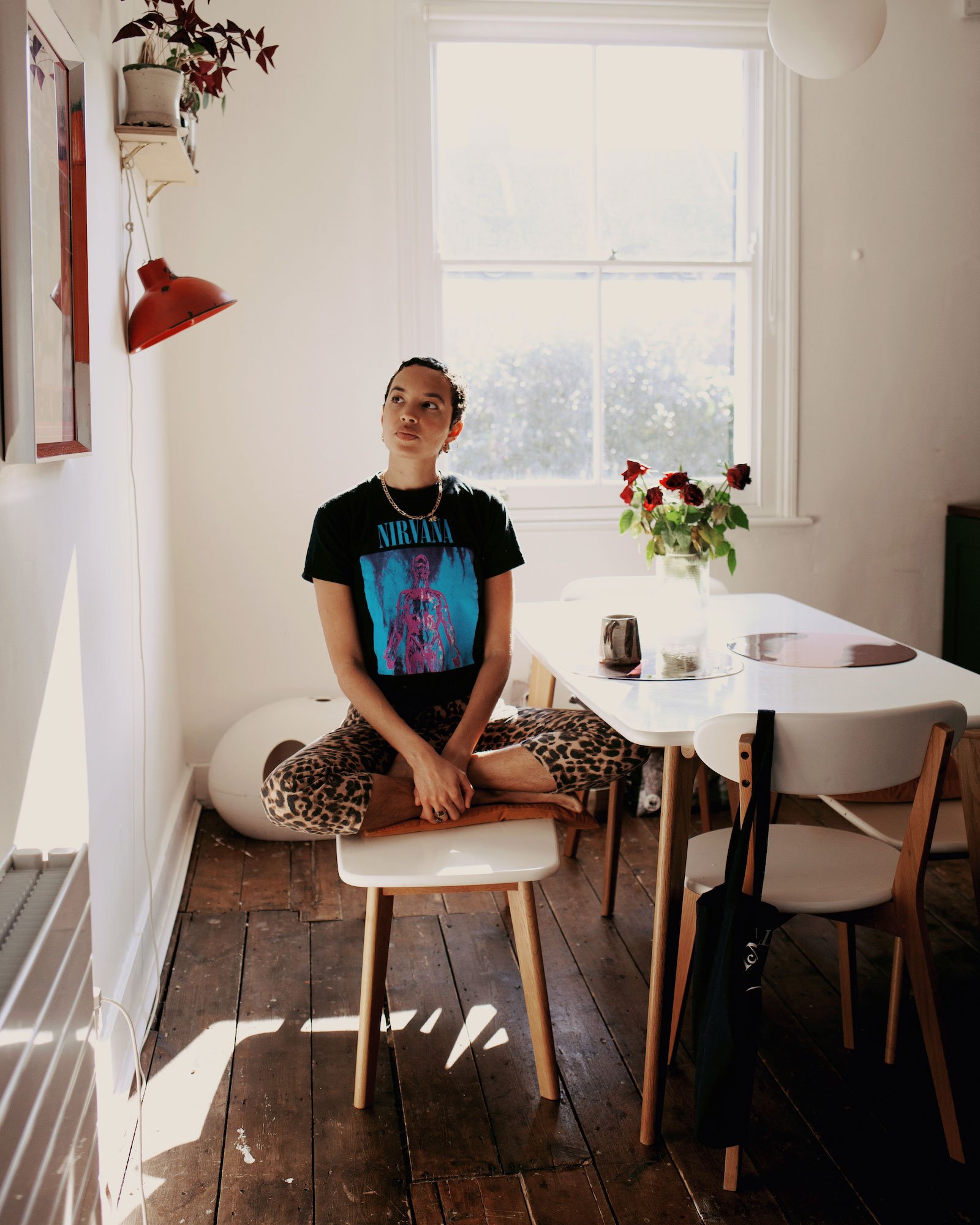
 close
close











